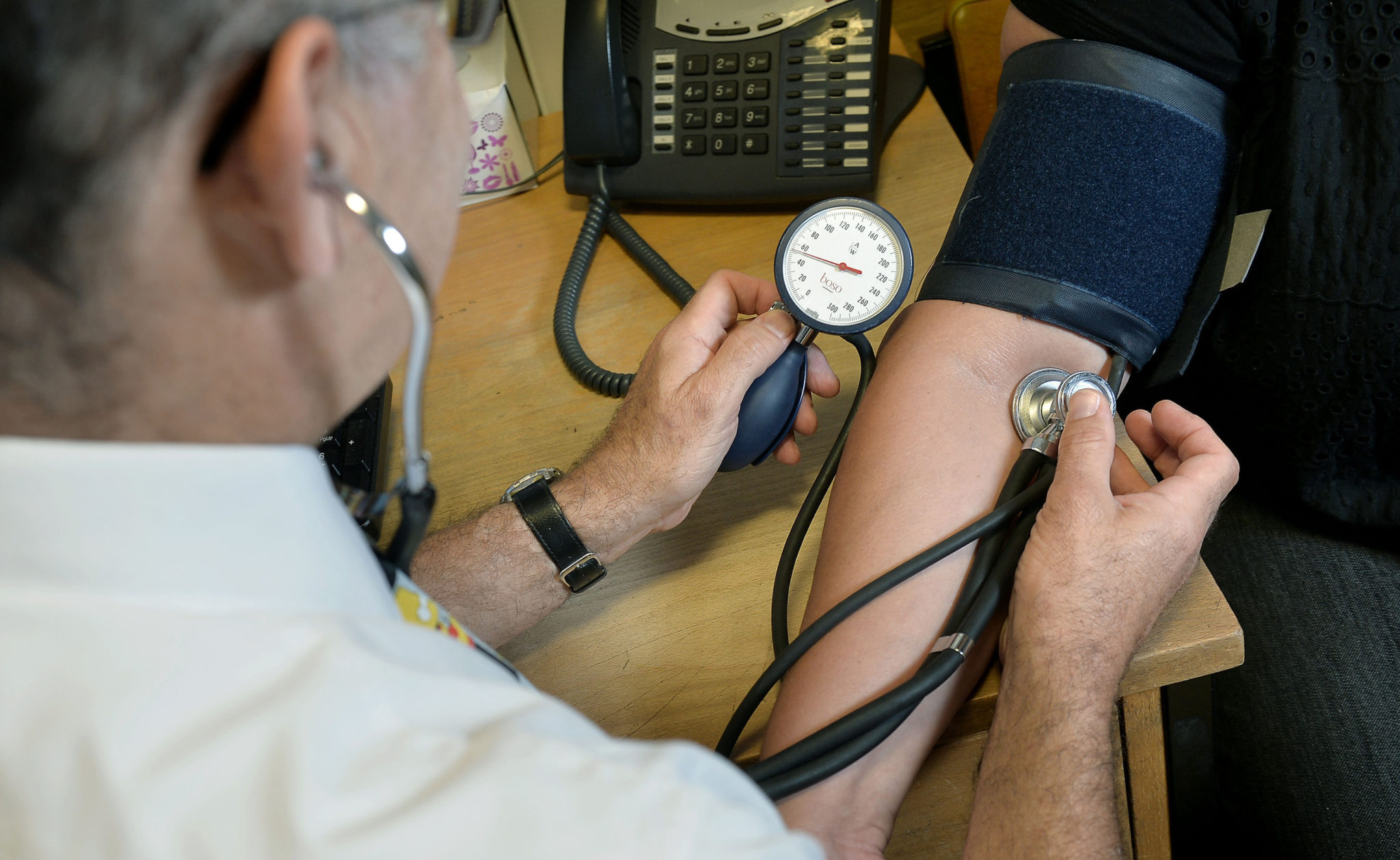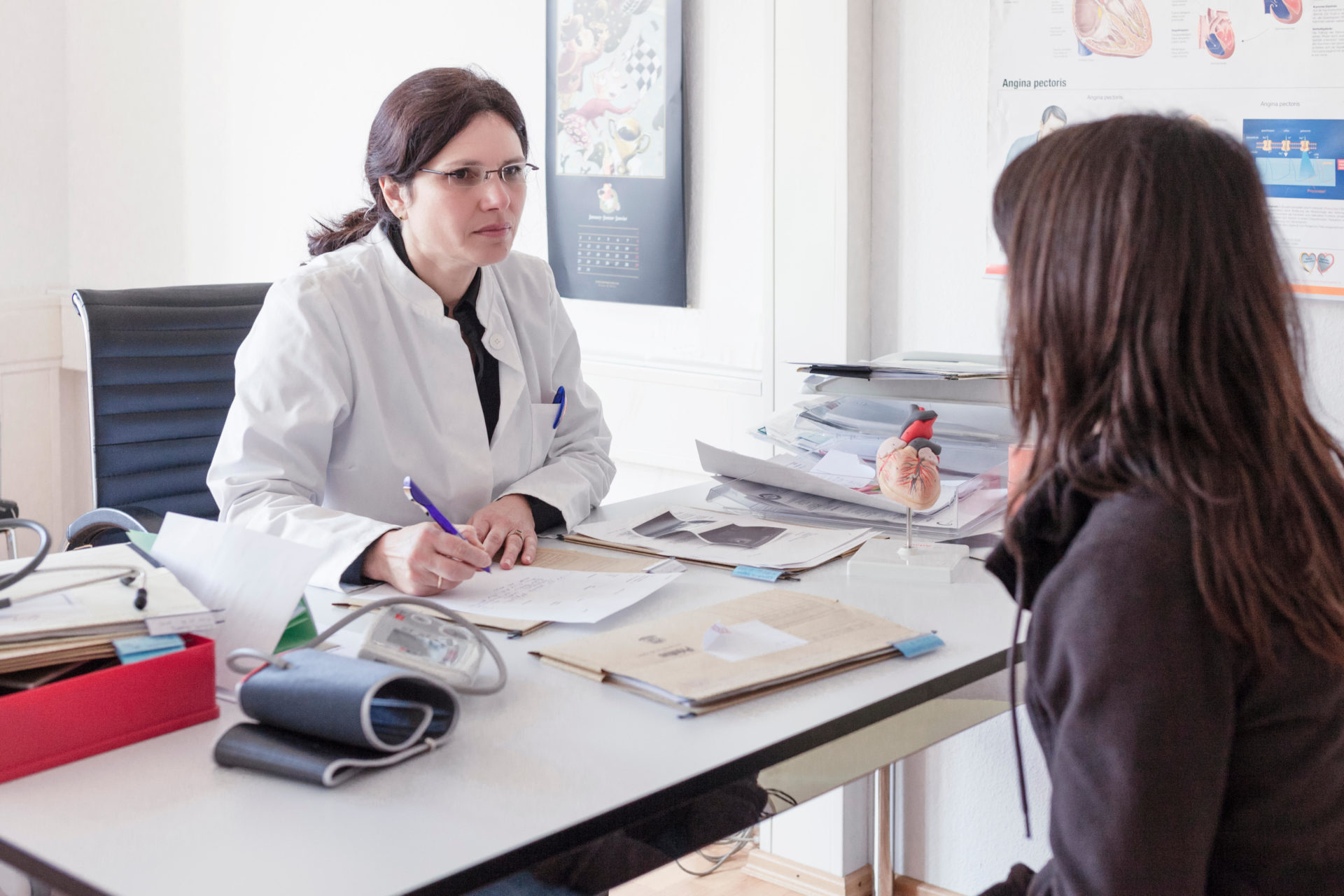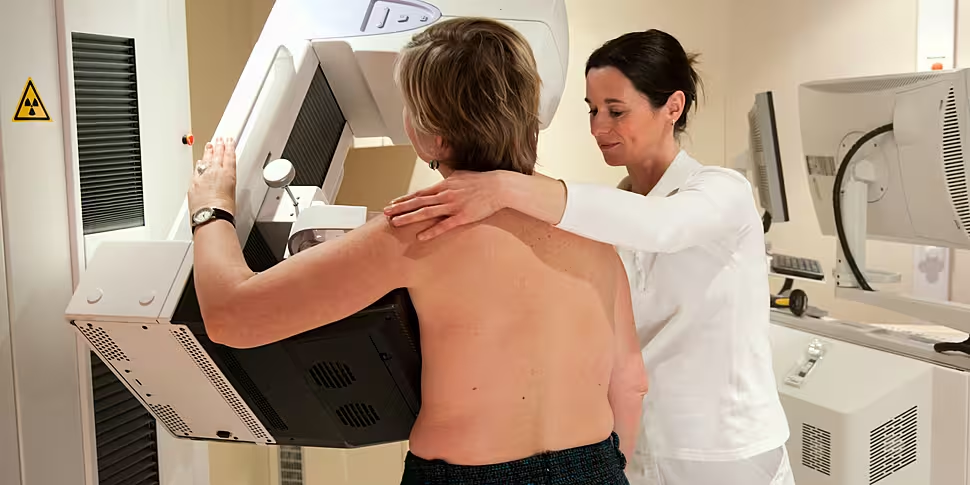Health service bureaucracy is costing cancer patients’ lives, one of Ireland’s leading oncologists has warned.
Today, the Irish Cancer Society released a report detailing huge variations in access to life-saving cancer treatments across the country.
The report found some hospitals lack staff qualified to treat cancer patients, while others are still using equipment that is seven years out of date.
On The Pat Kenny Show, Consultant Radiation Oncologist and Irish Cancer Society Chair Professor John Armstrong said he and his colleagues were “very upset” by the report’s findings.
However, he added that they were also “not particularly surprised”.
“We’re aware of all the problems that patients have accessing timely treatment,” he explained.
“So, it’s a systematic one; the figures released show how difficult it is for patients to get access to the rapid access clinics and how variable that is in different parts of the country.
“Unfortunately, the problems don’t stop there; when it comes to a rapid access clinic, for instance, a lung cancer patient just because they get to the clinic doesn’t mean that we’re ready to treat them.
“A lot of things have to happen thereafter, so they can access treatment in a timely manner.
“We don’t know if they have cancer when they come to that clinic; so, we have to run a lot of tests to figure out if they do have cancer.
“Then when we diagnose the presence of cancer, we have to know what is the extent of cancer? So, they need access to biopsies and scanning machines.
“Then they need access to the appropriate treatment.”
 A GP checking a patient's blood pressure. Picture by: Anthony Devlin/PA Wire/PA Images.
A GP checking a patient's blood pressure. Picture by: Anthony Devlin/PA Wire/PA Images.Professor Armstrong continued that the delay to treatment are “very serious” and can have “terrible implications for some patients”.
Despite this, he added that “outcomes are getting better”.
“But what this report is identifying is the opportunity to make outcomes even better and to sort out the deficits in care,” he said.
“Some of [the recommendations] are entirely predictable and mendable; if we take the St Luke’s Radiation and Oncology Network.
“That is based in St James’, Beaumont and Rathgar; we have radiotherapy machines used for treating cancer.
“But our machines are all very old and they have aged in an entirely predictable manner.
“And yet, the HSE have not got it together to coordinate an approach to replacing those machines, despite that fact that it was as predictable as the fact that tomorrow is Thursday.”
 A GP and a patient. Picture by: Alamy.com.
A GP and a patient. Picture by: Alamy.com.Professor Armstrong said there should be a “rolling replacement programme” for critical machinery in the health service.
“When all your machines are the same age, you don’t have any machine that’s state of the art,” he said.
“What will happen now is we’re going to get a load of new machines too late, they’ll all be ultra modern when we get them.
“But then they’ll all start aging at the same time, instead of a tiered approach where every three years we replace X% of the machines and do this in a rolling manner.”
“And don’t have to go through a horrendous bureaucratic process to make it happen; bureaucracy is costing lives.”
In a statement to Newstalk, the Department of Health noted that cancer survival rates are at an all time high.
"Today, over 220,000 people in Ireland are living with or after cancer, which is a 50% increase compared to a decade ago," a spokesperson said.
"During the lifetime of the current National Cancer Strategy, the National Cancer Control Programme (NCCP) has allocated approximately €90 million for the development of cancer services, including €20 million for new services in 2025 and 2026.
"This investment has supported the creation of over 800 WTE posts across the public cancer service, including approximately 120 consultant doctors, 300 nurses and 300 health and social care professionals.
"This investment is having a real and measurable impact on access to cancer care and outcomes."
Main image: A radiology technician performs a mammography test. Picture by: Alamy.com.









